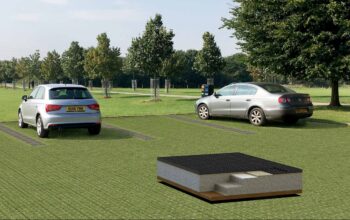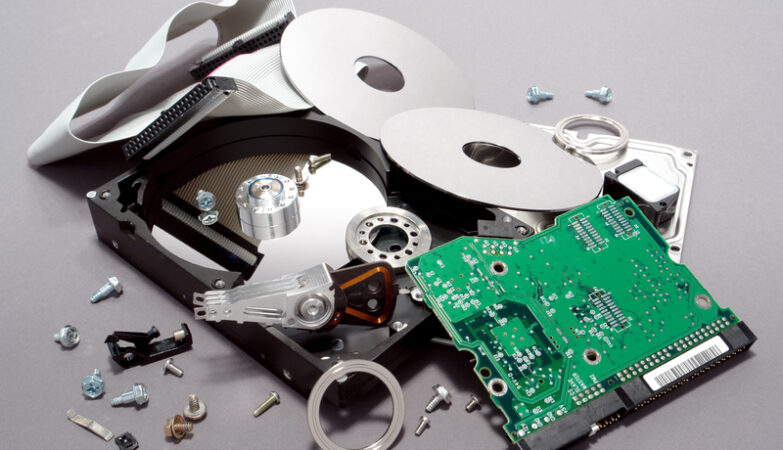Planning a new life abroad? Relocating Down Under is an exciting adventure, but preparation is key. From visas and finances to healthcare and housing, our essential expat checklist covers everything you need to know before moving to Australia. Start your journey with confidence and make your transition seamless and stress-free.
Relocating to another country is one of life’s most exciting adventures, but it also comes with plenty of challenges. If you’re planning on moving to Australia, preparation is your best friend. From understanding visa options and securing accommodation to managing finances and adjusting to local life, every detail matters. This guide breaks down the key steps and considerations to ensure your move is smooth, stress-free, and successful.
1. Visa and Immigration: Your First Priority
Before anything else, ensure you have the right to live and work in Australia. The visa process varies based on your situation, whether you’re relocating for work, joining family, or seeking permanent residency.
Common visa categories:
- Skilled Migration Visas: For professionals with skills in demand in Australia’s workforce.
- Employer-Sponsored Visas: When an Australian employer sponsors your relocation.
- Family Visas: For those joining a partner, spouse, or relative.
- Student Visas: For individuals pursuing higher education.
Top tip: Start the application process early; it can take several weeks or even months for visas to be approved. Keep copies of essential documents like passports, qualifications, and employment records ready to speed up the process.
2. Financial Planning: Budget for Your New Life
A successful relocation requires careful financial preparation. Australia is known for its high quality of life, but that comes with a higher cost of living, especially in cities like Sydney and Melbourne.
Key financial steps to take:
- Open an Australian bank account before you arrive to make transactions easier.
- Research tax obligations both in your home country and Australia.
- Budget for initial expenses like housing deposits, transport, and healthcare.
- Transfer funds wisely by comparing international money transfer services to reduce fees.
Cost insight: According to the Australian Bureau of Statistics, average living costs for a single person range between AUD 2,500 and AUD 3,000 per month, depending on the city and lifestyle.
3. Housing and Accommodation: Secure a Place to Call Home
Finding a comfortable home is essential to settling in quickly. Whether you plan to rent temporarily or buy property eventually, start your search before arrival.
Tips for house-hunting:
- Explore property websites and rental platforms to understand average prices.
- Consider proximity to work, public transport, and amenities.
- Inspect properties virtually if you can’t visit in person.
- Prepare necessary documents (ID, proof of income, references) to secure a rental quickly.
Average rental costs: Expect to pay around AUD 500–800 per week for a two-bedroom apartment in major cities, with prices lower in regional areas.
4. Healthcare: Know Your Options
Australia’s healthcare system is excellent, but access depends on your visa type and circumstances, a crucial consideration when moving to Australia. Medicare, the public healthcare system, is available to citizens, permanent residents, and some visa holders from countries with reciprocal healthcare agreements.
What you should do:
- Check if you’re eligible for Medicare and register promptly.
- If not eligible, arrange private health insurance before departure.
- Keep copies of medical records and prescriptions to ease the transition.
Tip: Private health insurance is highly recommended; it ensures faster access to specialists and helps cover services not included in Medicare.
5. Employment and Career Preparation
If you’re not moving with a job already secured, finding employment should be high on your list. Australia has a robust job market, but competition can be challenging in specific industries.
Actions to take:
- Update your CV to match Australian formats and standards.
- Register on popular job portals such as SEEK and Indeed Australia.
- Network through LinkedIn and industry associations.
- Understand employment laws, including contracts, working hours, and minimum wage (currently AUD 24.10 per hour as of 2025).
6. Education and Schooling for Families
If you’re relocating with children, research the education system well in advance. Australia offers excellent public and private schools, but catchment areas often determine eligibility.
- Research school zones near your chosen neighbourhood.
- Enrol children early, as spots in popular schools fill quickly.
- Understand school term dates, the academic year runs from late January to mid-December.
7. Settling In: Cultural and Practical Considerations
Adjusting to a new culture takes time. Australians are known for their laid-back lifestyle, outdoor culture, and strong work-life balance. Embracing these cultural norms will make settling in much easier.
Quick tips to adapt:
- Learn basic Australian slang and etiquette.
- Get familiar with the public transport system; cities like Sydney and Melbourne have efficient networks.
- Join local clubs, sports teams, or community groups to build social connections.
- Apply for a Tax File Number (TFN) as soon as you arrive to start working.
8. Moving and Logistics: Plan the Practical Side
The physical relocation process can be complex. Partnering with professional removal services ensures your belongings arrive safely and on time. When it comes to moving to Australia, plan shipping well in advance; sea freight can take 8–12 weeks.
Checklist before you go:
- Create a detailed inventory of your belongings.
- Decluttering and shipping unnecessary items increases costs.
- Ensure you comply with Australian customs and quarantine regulations.
- Label boxes clearly and keep essential documents and valuables with you.
Key Takeaways: Quick Checklist for a Smooth Relocation
Before you board the plane, make sure you’ve ticked off these essentials:
- Apply for the correct visa and organise key documents.
- Open a bank account and plan your budget.
- Secure temporary or long-term accommodation.
- Arrange healthcare and understand Medicare eligibility.
- Update your CV and explore the job market.
- Research schools if moving with children.
- Book a trusted international removal service.
Conclusion
Relocating abroad is a life-changing experience, one that requires thorough planning and preparation. With the proper checklist, you can transform potential challenges into exciting opportunities. Whether it’s securing your visa, finding a home, or organising logistics, every step you take now will make life smoother once you arrive. If you’re ready to begin your journey and make moving to Australia a reality, start planning today, and step confidently into your new life Down Under.











